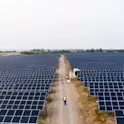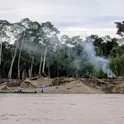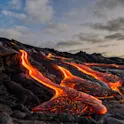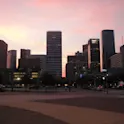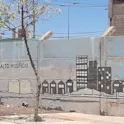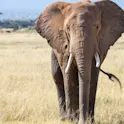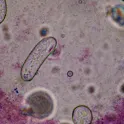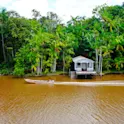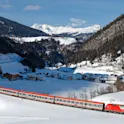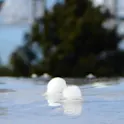Climate action
21 Feb 2025
Hurricane-proofed downtown skyscrapers unexpectedly vulnerable to ‘bouncing’ winds
In May 2024, a type of windstorm called derecho caused considerable damage to the facades of Houston’s tall buildings, which had been designed to withstand stronger, hurricane-strength winds. In contrast, hurricane Beryl in July 2024 caused only minimal damage to the same buildings. Researchers analyzed the damage from this derecho and used wind-tunnel modeling to simulate its unique wind loading effects on miniature tall buildings. They concluded that besides interference between groups of tall buildings, the unique characteristics of local events like derechos worsened the structural damage. This finding has implications for the design of future tall buildings and urban planning.
